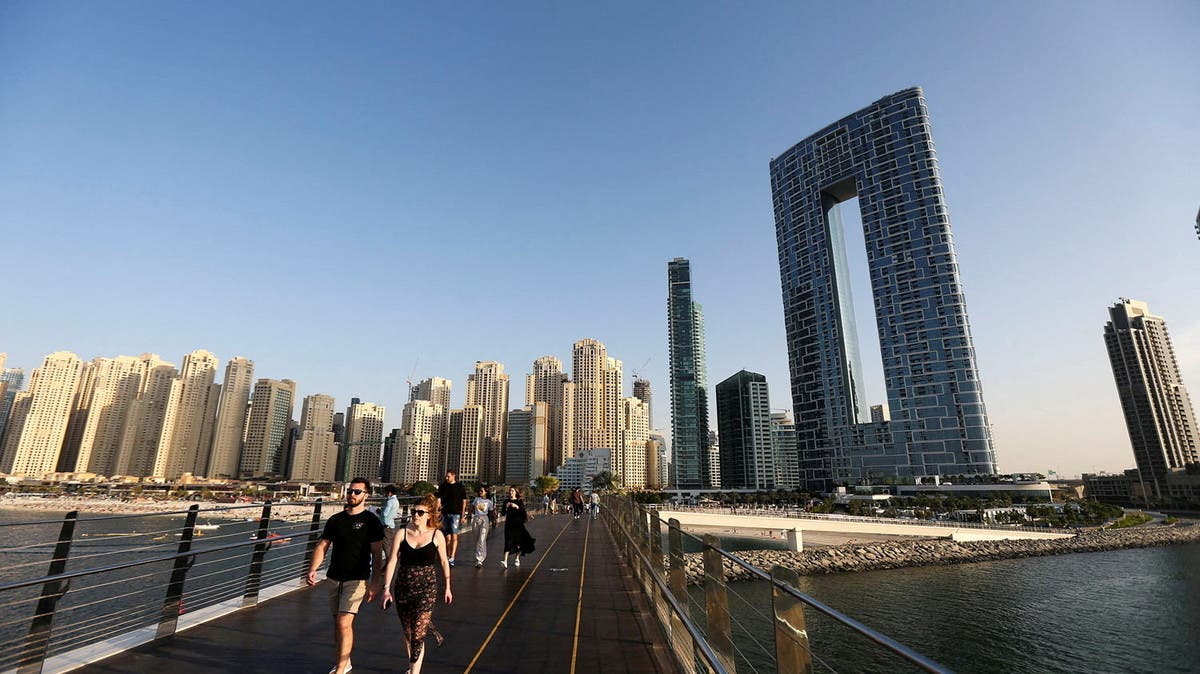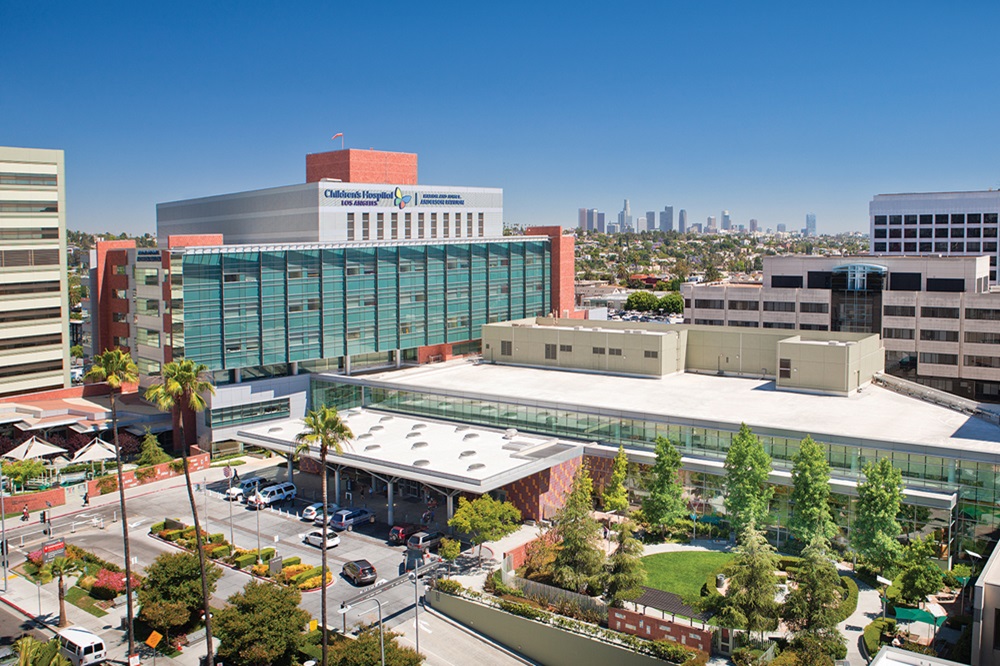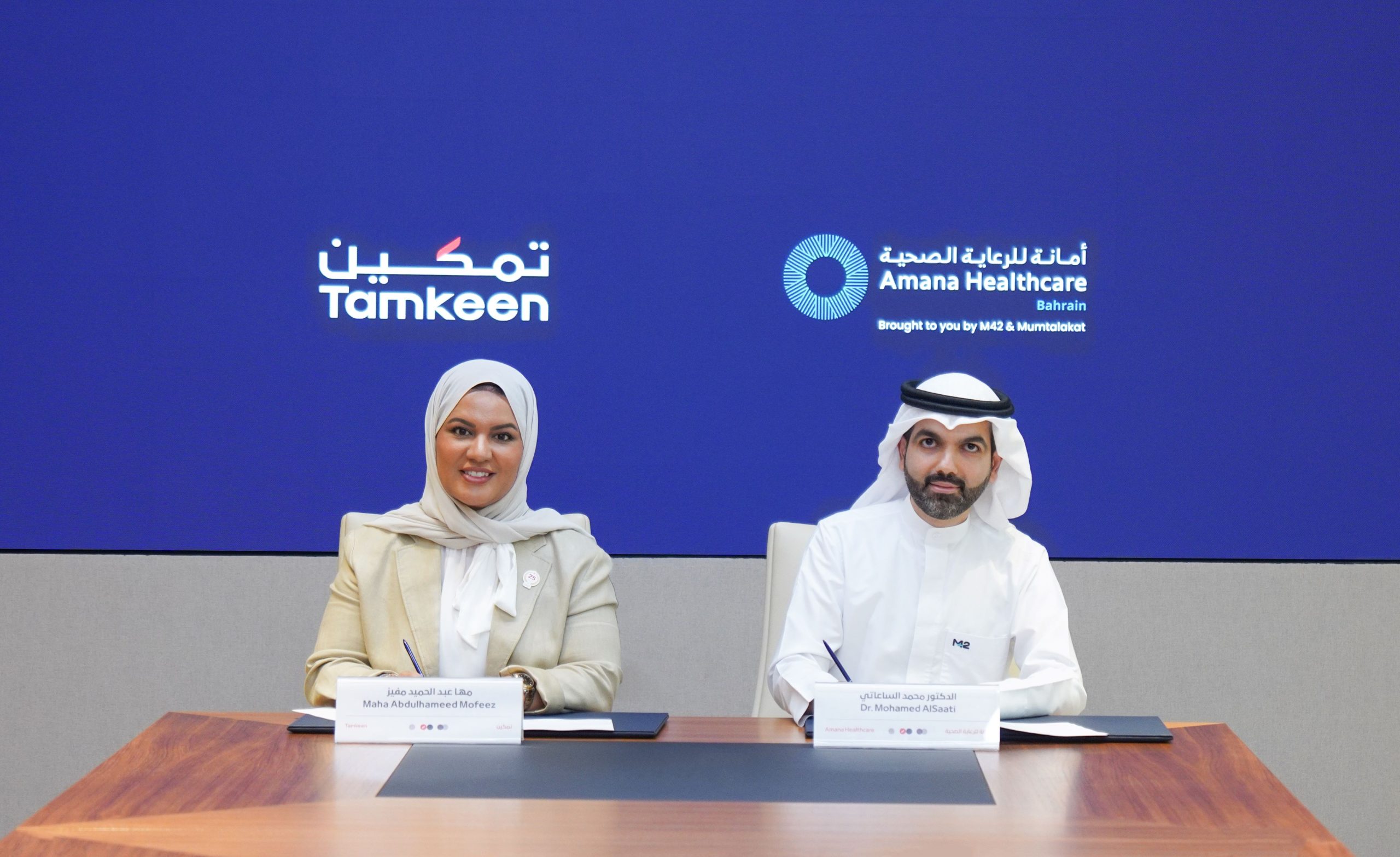The United Arab Emirates has relaxed it’s COVID-19 rules, altering some long-standing directives regarding masks, travel, quarantine, and PCR testing protocols, announced by the National Emergency, Crisis and Disasters Management Authority (NCEMA).
NCEMA outlined on Friday that the new rules will go into effect as of Saturday, February 26.
For the latest headlines, follow our Google News channel online or via the app.
“In light of the gradual return to the new normal life, and the return of the various activities of the state, it was decided to ease the procedures for praying in mosques, traveling and attending various events, in addition to the return of sports activities in the UAE,” NCEMA stated in a Tweet late Friday.
Here’s everything you need to know about the amended rules:
Mask rules relaxed for outdoor spaces
Wearing masks in outdoor areas will be optional but will remain mandatory in public outdoor spaces.
According to Emirates News Agency (WAM), each Emirate has the flexibility to determine the duration of the quarantine period and PCR tests for COVID-19 contacts in their respective sectors and professions but will need to ensure that the necessary precautionary and preventative measures are followed. These measures include adhering to social distancing rules and wearing masks where necessary.
Quarantine protocols for infected and COVID-19 contacts
The Authority also decided to cancel quarantine requirements for those who come into contact with a positive COVID-19 case but do not exhibit any virus symptoms. However, COVID-19 contacts working in all state sectors will need to take PCR tests daily for five consecutive days to ensure they are not infected and are able to return to work safely.
The isolation period protocol for those infected will continue as previously announced, without any change. The infected, however, will no longer wear wristbands while quarantining.
Rules for Mosques, other places of worship
NCEMA also approved the return of pre-pandemic time intervals between prayer calls and the iqaamah, in addition to the return of Noble Qur’an books to mosques in a limited number. Books will need to be sterilized after each prayer.
In terms of social distancing, the current one-meter physical distancing between worshippers in mosques and places of worship will still apply.
Sports activities
The Authority also announced the return of all sports activities for all ages groups so long as participants have Green Pass status on the Al Hosn App or a valid negative PCR test for a maximum of 96 hours.
Participants will need to maintain the mandatory mask-wearing rules.
Abu Dhabi
Abu Dhabi’s Emergency, Crisis, and Disasters Committee has approved the removal of EDE scanners at the border and will no longer require travelers entering the Emirate to show Al Hosn Green Pass status.
However, the Green Pass will remain mandatory for entry into public places in the Emirate such as shopping malls and restaurants, among others.
The rules for tourist attractions and commercial premises have changed too. Abu Dhabi has increased the operating capacity of these places to 90 percent, with optional mask-wearing in outdoor spaces only. The use of EDE scanners and the Green Pass will continue to be used at these places to ensure visitors’ and employees’ safety.
The same rules apply to events, but will the exception that EDE scanners will not be used, but aside from providing the Green Pass status on the Al Hosn App, they could also provide a valid, negative PCR test instead.
New rules for international travelers
Those coming to the UAE from international destinations will need to present an approved QR code and vaccination certificate.
Travelers who are not vaccinated against COVID-19 will need to present a valid, negative PCR test result received within 48 hours or a QR code-accompanied certificate proving that they have just recovered from the virus if they were previously infected, which will be valid if obtained within one month before the date of travel.
“The National Emergency, Crisis and Disasters Management Authority announces the easing of COVID-19 precautionary and preventative measures in line with the country’s strategy to create a balance between public health and various vital sectors and to support national efforts to achieve sustainable recovery,” NCEMA tweeted late Friday.
Read more:
UAE daily COVID-19 cases drop below 1,000, lowest count since start of 2022
UAE cinemas to operate at full capacity starting February 15
Grammy-award winning band Maroon 5 to perform in UAE’s Abu Dhabi
DIFC achieves best annual performance to date with $244 million in 2021 revenues


 World3 years ago
World3 years ago
 World3 years ago
World3 years ago
 Business1 year ago
Business1 year ago
 Entertainment8 years ago
Entertainment8 years ago
 World8 years ago
World8 years ago
 Entertainment8 years ago
Entertainment8 years ago





